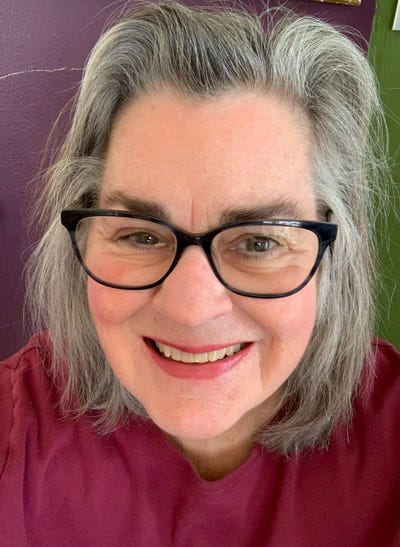February 25, 2009

In the first randomized trial linking B vitamins to age-related macular degeneration, researchers have discovered that women who take a daily dose of Bs are significantly less likely to develop AMD, a serious vision problem that affects more than a million Americans.
Results of the double-blind trial were published Feb. 23 in the Archives of Internal Medicine. The research is an offshoot of Harvard Medical School's Women's Antioxidant and Folic Acid Cardiovascular Study, which tracked 5,442 female health care professionals, age 40 or older, who had or were at high risk for heart disease. During a 7.3-year time frame, study participants received either a placebo or a combination of folic acid (2.5 milligrams a day), vitamin B6 (50 milligrams a day) and vitamin B12 (1 milligram a day).
At the end of the trial, participants who received the B vitamin cocktail had a 34 percent lower risk of developing any AMD and a 41 percent lower risk of developing visually significant AMD.
Although the trial was only conducted on women, "the hypothesis that B vitamin supplementation may reduce AMD risk comes primarily from epidemiological studies that have shown a direct relationship between serum homocysteine levels and AMD risk. These studies have involved both men and women … [so] presumably [the trial findings] apply to men as much as women," said Andrew Shao, Ph.D., vice president of scientific and regulatory affairs for the Council for Responsible Nutrition, a Washington, D.C.-based supplements trade association.
Shao said the trial was "well designed and conducted" and noted that although the doses of B vitamins used in the trial were "quite high," they aren't unsafe and are comparable to other B vitamin studies.
AMD is a degenerative retinal disease that leaves the sufferer with only peripheral vision. According to the Macular Degeneration Association, AMD is the leading cause of legal blindness in Americans older than 55. About 1.75 million Americans have AMD—a number that is expected to almost double to 3 million by 2020, as baby boomers age.
"Currently, there are very few treatment options available for AMD, so prevention is key," Shao said. "I am confident that the market will respond to this study by launching eye health products with added B vitamins."
About the Author(s)
You May Also Like
.png?width=700&auto=webp&quality=80&disable=upscale)




